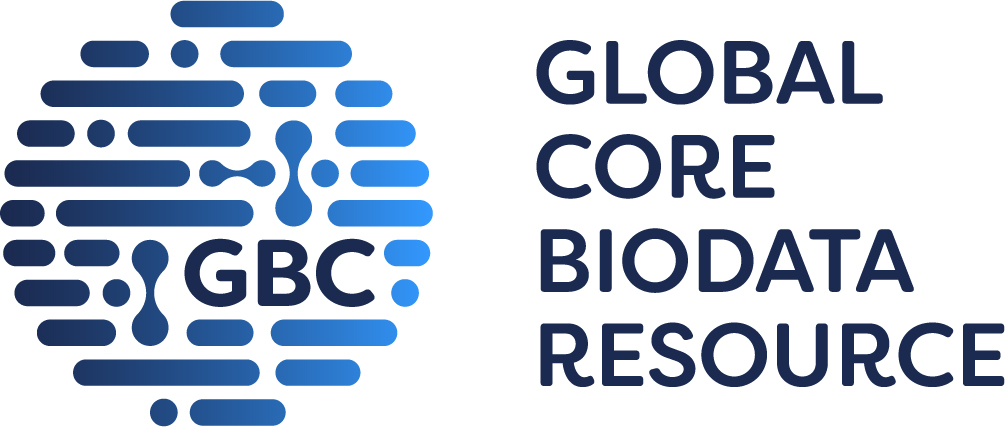
GtoPdb is requesting financial support from commercial users. Please see our sustainability page for more information.
Cold agglutinin disease

GtoPdb Disease Summaries
This section gives an overview of the disease, and where available shows the following:
- Synonyms: Shows known synonyms for the disease.
- Description: Gives a basic description/definition of the disease.
- Database Link: External links to the same disease at the Disease Ontology, OMIM or Orphanet sites.
- Immunopharmacology comments: General comments about the target's role in immunopharmacology, provided by GtoImmuPdb curators.
- Associated with: Counts are displayed for the total targets the disease is associated with in GtoPdb. The counts of targets and ligands of immunological relevance associated to the disease are also shown.
More information can be found in the help pages.
✖| Disease ID: | 1253 | |
| Name: | Cold agglutinin disease | |
| Associated with: | 0 target | |
| 1 immuno-relevant ligand |  |
|
| Synonyms |
| autoimmune hemolytic anemia | chronic cold agglutinin disease | cold agglutinin syndrome |
| Description |
| Cold agglutinin disease is an autoimmune hemolytic anemia caused by autoantibodies that destroy erythrocytes via activation of the C1-complex of the classical complement pathway. The disease causes chronic anemia, severe fatigue and potentially fatal thrombotic events. |
| Database Links |
|
Orphanet:
ORPHA56425 |
Targets

GtoPdb Disease Summaries - Targets
Click on the target name to link to its detailed view page
Where available, information is display on the role of the target in the disease; drugs which target the disease and their therapeutic use and side-effects.
If there is mutation data curated in GtoPdb this is indicated, with a link back to the appropriate section on the target detailed view page
Immuno ligand interactions - If available, a table of immuno-relevant ligands is shown. These ligands have been curated as having an association to the disease and possess interaction data with the target in GtoPdb. The approval status of the ligand is shown, along with curator comments and an indication of whether the target is considered the primary target of the ligand.
More information can be found in the help pages.
✖No target related data available for Cold agglutinin disease
Ligands

GtoPdb Disease Summaries - Ligands
Click ligand name to view ligand summary page
- Approved: If the ligand is an approved drug this is indicated, along with approval bodies.
- Immuno: Immuno icon indicates the ligand is immuno-relevant
Click the arrow in the final column to expand comments
- Immuno Disease Comments: Curatorial comments specifically added as part of GtoImmuPdb. They give more information on the association between the ligand and disease in the context of immunopharmacology.
- Clinical Use: General clinical comments relating to the ligand and may not necessarily be specific to the disease in question. With hyperlink to more details on the ligand summary pages.
- Bioactivty Comments: Curatorial comments specifically about the compounds biological activity - with hyperlink to more details on the ligand summary pages.
More information can be found in the help pages.
✖| Key to terms and symbols | Click ligand name to view ligand summary | Click column headers to sort | |||||||||||||||
|
|||||||||||||||||
References
1. Eskandary F, Jilma B, Mühlbacher J, Wahrmann M, Regele H, Kozakowski N, Firbas C, Panicker S, Parry GC, Gilbert JC et al.. (2018) Anti-C1s monoclonal antibody BIVV009 in late antibody-mediated kidney allograft rejection-results from a first-in-patient phase 1 trial. Am J Transplant, 18 (4): 916-926. [PMID:28980446]
2. Mühlbacher J, Jilma B, Wahrmann M, Bartko J, Eskandary F, Schörgenhofer C, Schwameis M, Parry GC, Gilbert JC, Panicker S et al.. (2017) Blockade of HLA Antibody-Triggered Classical Complement Activation in Sera From Subjects Dosed With the Anti-C1s Monoclonal Antibody TNT009-Results from a Randomized First-in-Human Phase 1 Trial. Transplantation, 101 (10): 2410-2418. [PMID:28926521]
3. Wahrmann M, Mühlbacher J, Marinova L, Regele H, Huttary N, Eskandary F, Cohen G, Fischer GF, Parry GC, Gilbert JC et al.. (2017) Effect of the Anti-C1s Humanized Antibody TNT009 and Its Parental Mouse Variant TNT003 on HLA Antibody-Induced Complement Activation-A Preclinical In Vitro Study. Am J Transplant, 17 (9): 2300-2311. [PMID:28251805]







